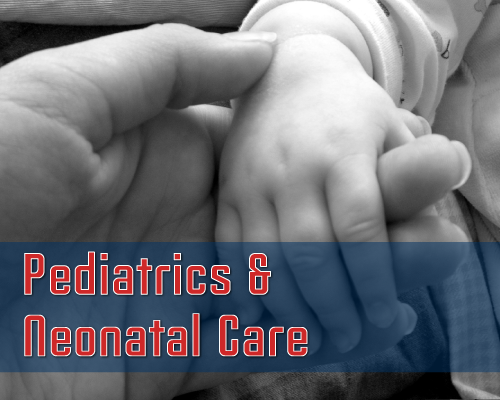Volume 3 Issue 3
Research Article: Gestational Diabetes and Early Materno-Foetal Outcome: A Report on 101 Cases in the Creil Health Centre
Noa Ndoua Claude Cyrille*, Belinga Etienne, Mendibi Sandrine, Kemfang Jean Dupont and Kasia Jean Marie
Aim of the study: Evaluate the early maternal-foetal outcomes in cases of gestational diabetes
Methods: This was a descriptive cross-sectional study carried out at the maternity of Creil Health Centre (CHC henceforth) from January to June 2012. The study included patients for gestational diabetes followed up; while cases of chronic diabetes as well as patients with incomplete files were excluded. Data were collected parturients' files with gestational diabetes during pregnancy.
Results: The prevalence of gestational diabetes was 14.3%.The average age of patients was 29.3 ± 3 years. The management of gestational diabetes required the administration of insulin to 26.7% of patients. Only 25% of patients had given birth between 38 and 39 weeks and 74.2% delivered through the vagina. The mean birth weight was 3401 ± 501 grams. Only 12.8% of new-born babies were macrocosmic. Perinatal tears were the main maternal complication with 16 cases representing 69.5% of complications. A case of preeclampsia was recorded.
Conclusion: The increase of gestational diabetes prevalence results from the extension of screening. Childbirth in cases of gestational diabetes is associated with high morbidity in term of caesarean sections performed in emergency or not. The balance of diabetes through diet and / or insulin therapy reduces neonatal morbidity and mortality.
Cite this Article: Claude Cyrille NN, Etienne B, Sandrine M, Dupont KJ, Marie KJ. Gestational Diabetes and Early Materno-Foetal Outcome: A Report on 101 Cases in the Creil Health Centre. Int J Reprod Med Gynecol. 2017;3(3): 060-064.
Published: 20 December 2017
Mohamed Abdellatif*
Objective: To assess the global prevalence of syphilis among pregnant Egyptian women and the potential usefulness of universal antenatal screening among Egyptian attendees to convene a set of recommendations for clinical practice according to the Egyptian situation.
Patients and Methods: It is a population based cross sectional serological study on 12.805 pregnant women attended to Ain Shams University Maternity Hospital both antenatal and emergency obstetric units over a 5-year period (from January 2010 till December 2014). Women were assessed by Rapid Plasma Regain (RPR) and FTA-Abs tests done on serum derived from blood samples gathered by vein puncture.
Syphilis is caused by a spirochete called Treponema pallidum, which is a Sexually Transmitted Disease (STD) highly infectious in its early stages. It also passes trans-placentally from the 9th week of gestation onwards [1]. The main pathology of the disease is vasculitis [2]. Untreated maternal infection is usually responsible for adverse fetal and neonatal outcomes which comprise an elevated incidence of abortions, stillbirths, intrauterine growth restriction and preterm births compared with uninfected women [3]. Congenital syphilis syndrome includes perinatal death in 40% of infected pregnancies, deafness, multiple skin, bone, and joint abnormalities; and haematological disorders [4]. A study in the Mwanza region of Tanzania [5], had reported that 49% of women who had high-titer active syphilis (defined as a Rapid Plasma Reagin (RPR) titer 1:8 and a positive Treponema Pallidum Hemagglutination Assay (TPHA) or fluorescent Treponemal Antibody (FTA) test result), had adverse pregnancy outcomes, compared with 11% of seronegative women. Screening and treatment of syphilis in pregnant women is important in areas with high prevalence of infection and has been advised as a potentially cost-effective and feasible intervention [6-9].
Results: The global rate of positive cases by RPR was 0.35% (45 cases). Of these 45 cases 4 cases were found to be FTA-Abs positives. Moreover, the screening programme found no case of vertical transmission of the diagnosed mothers.
Conclusion: This update confirmed that the evidence of benefits of antenatal screening programme for syphilis was weak as the rate of infection is too low to consider population based screening acceptable. So routine screening for syphilis should no longer be recommended among pregnant Egyptian women; however clinicians may offer screening to selected women depending on individual circumstances.
Cite this Article: Abdellatif M. Appraisal of Syphilis Screening Among Egyptian Women: Is it Really Matter. Int J Reprod Med Gynecol. 2017;3(3): 056-059.
Published: 17 November 2017
Authors submit all Proposals and manuscripts via Electronic Form!




























